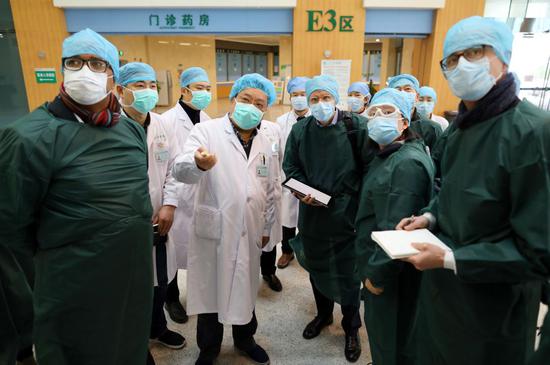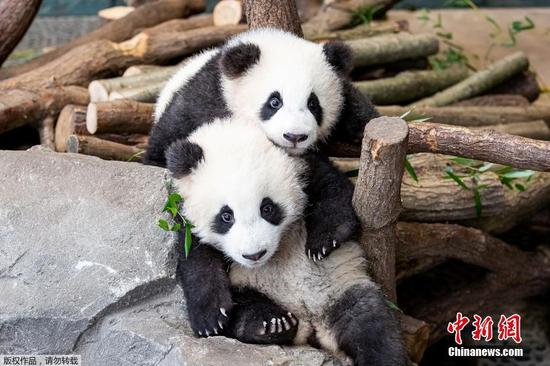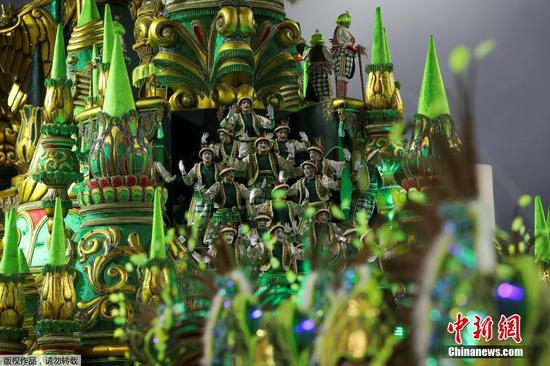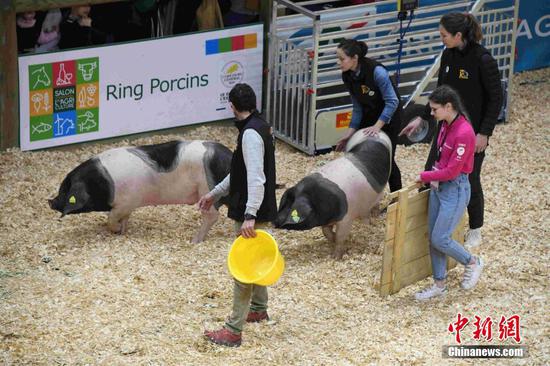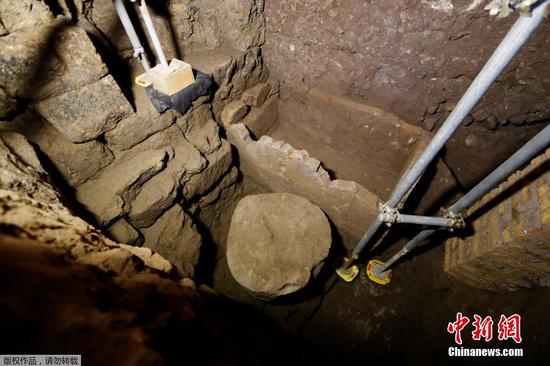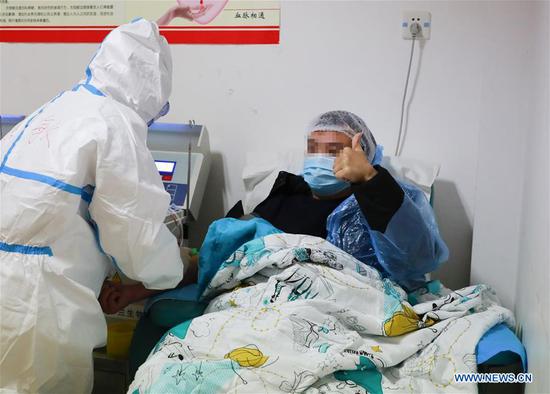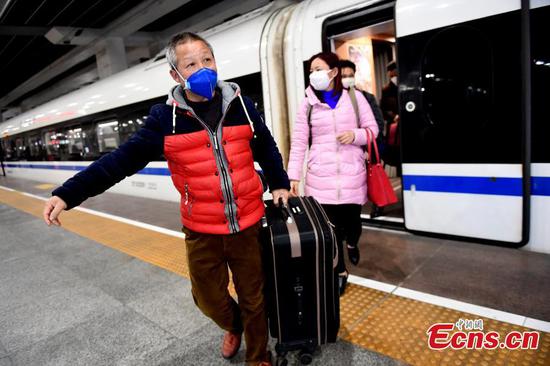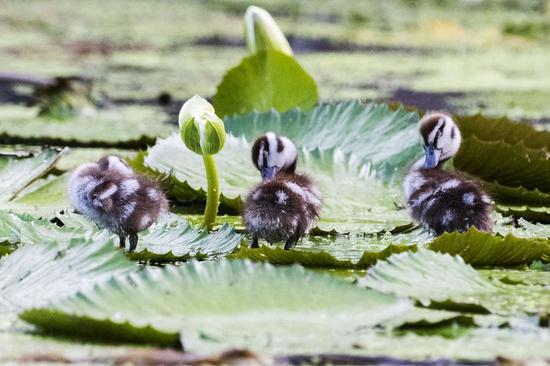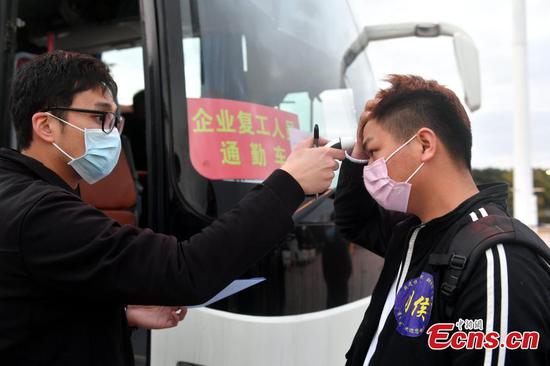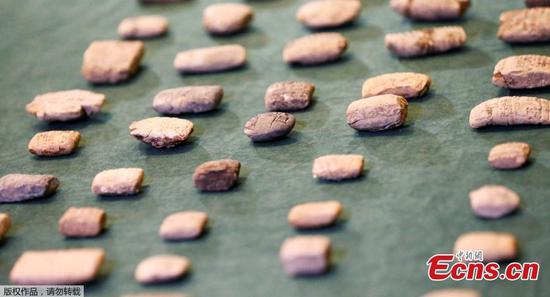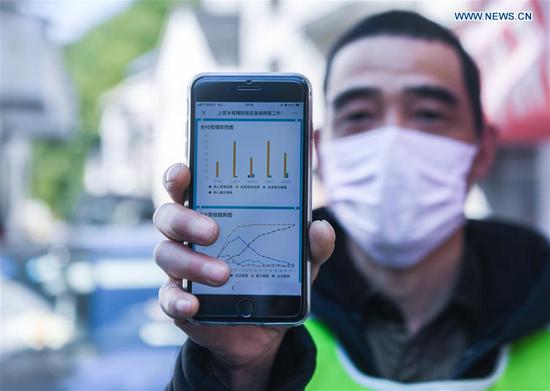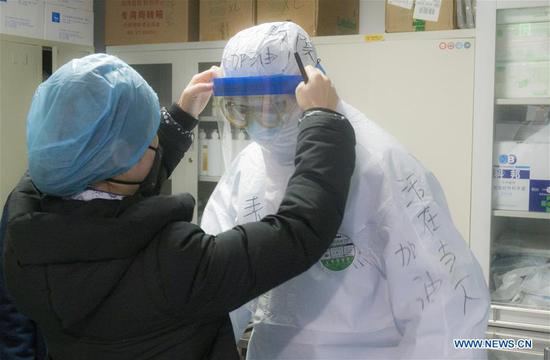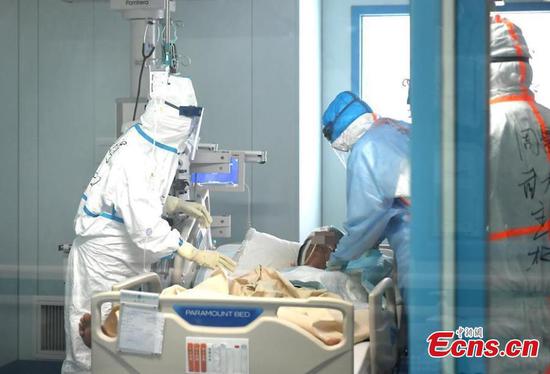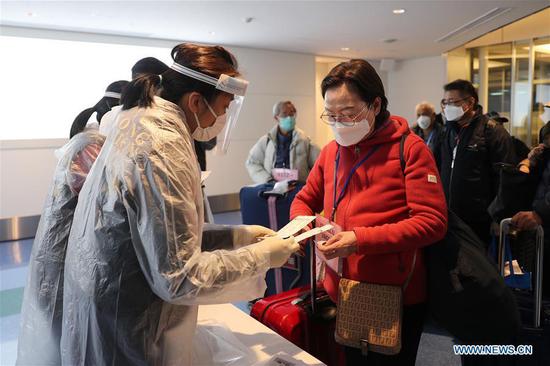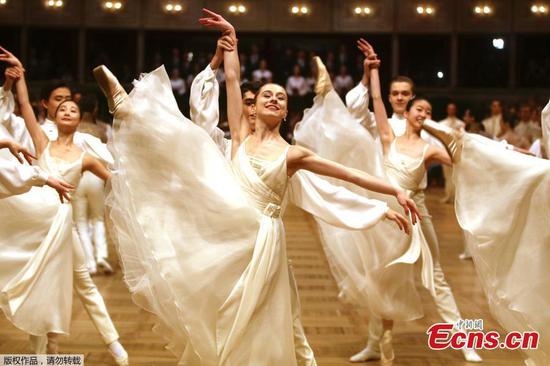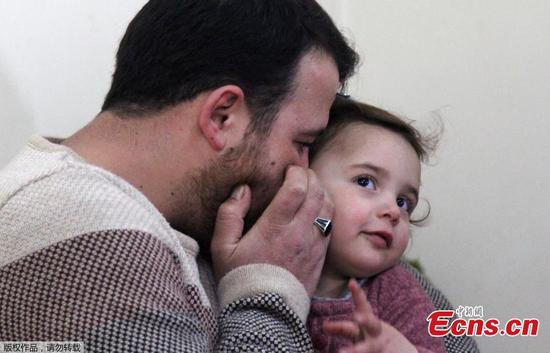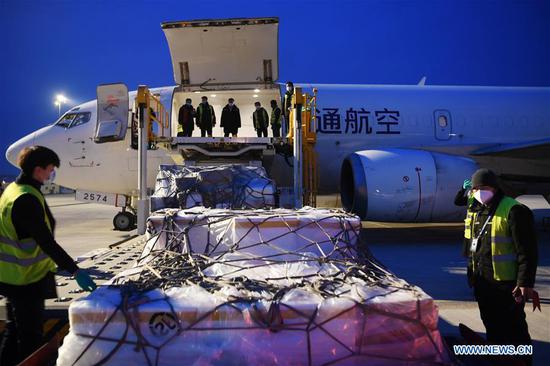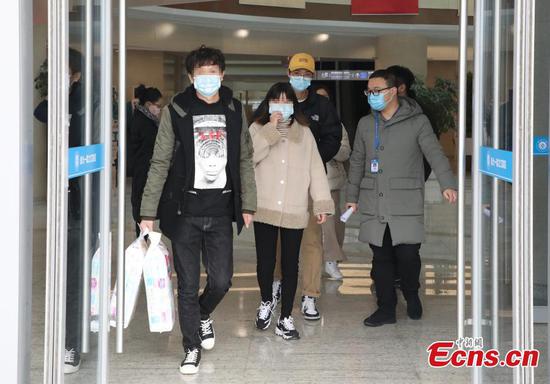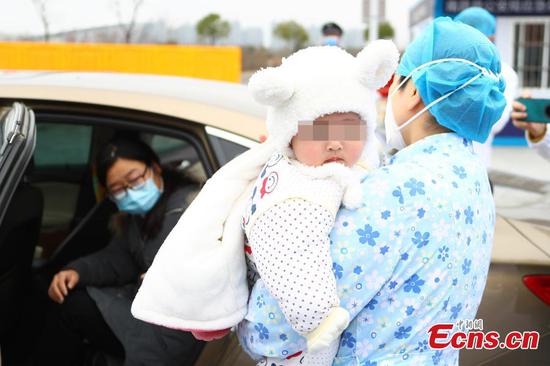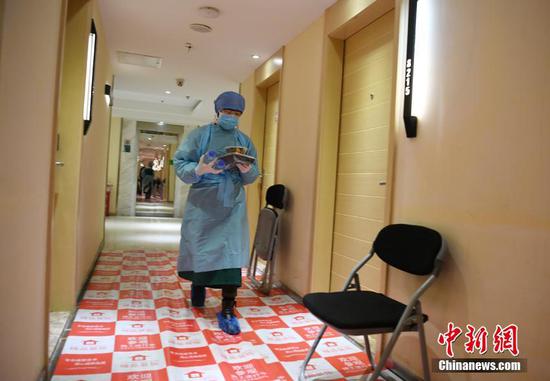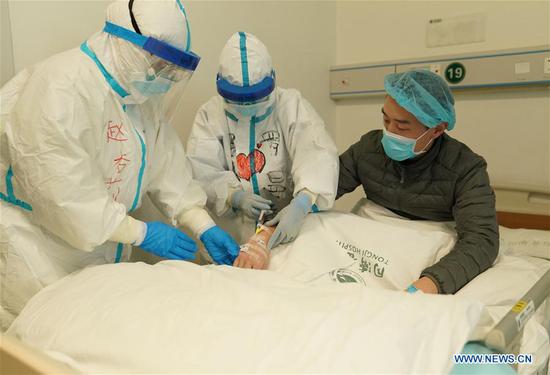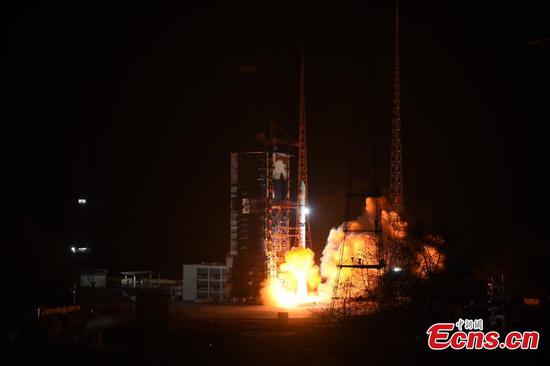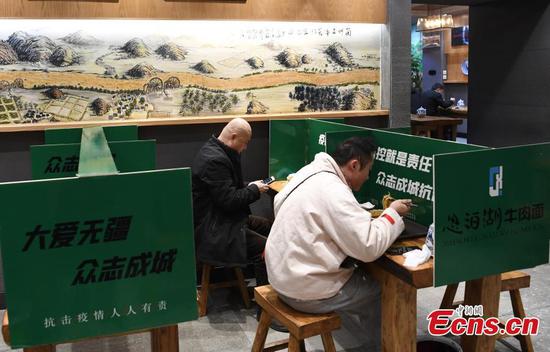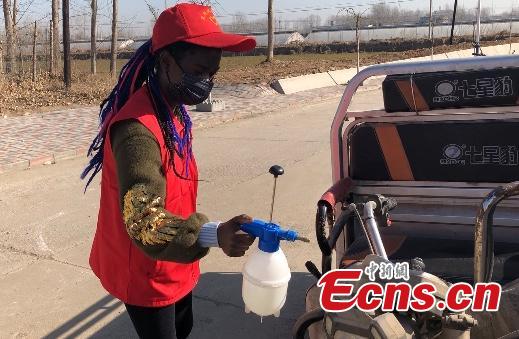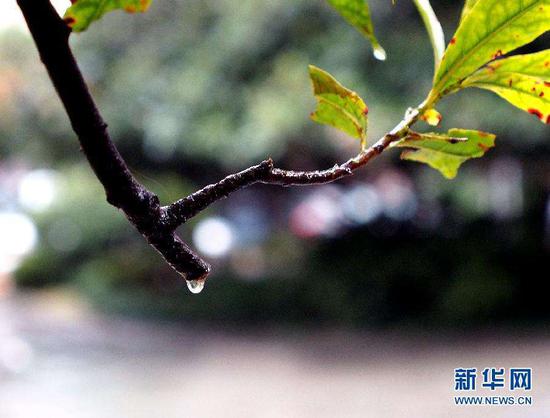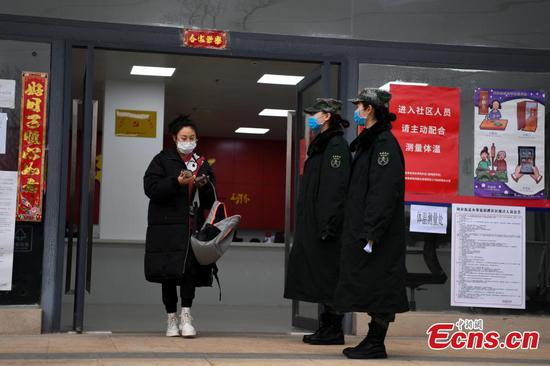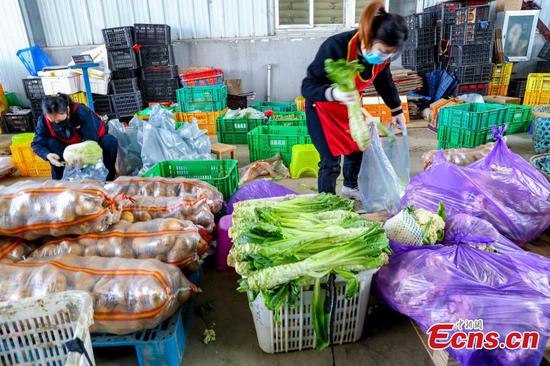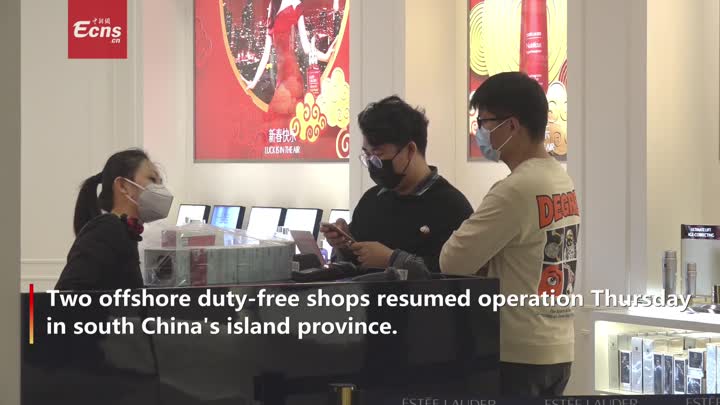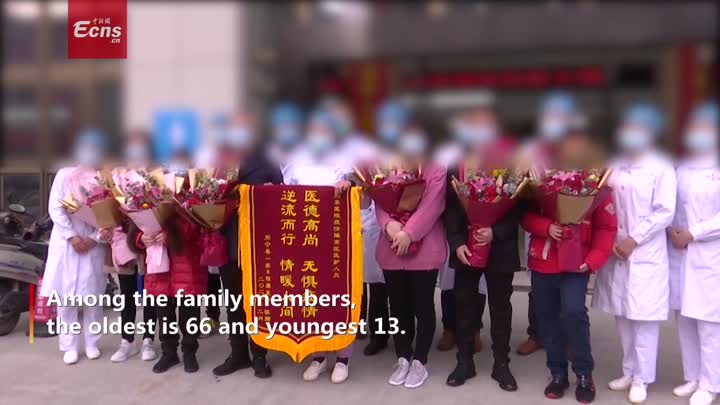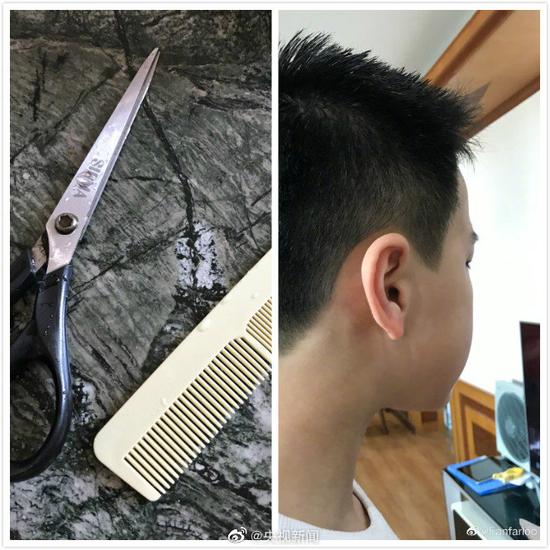
An Sina Weibo user posts photos of his haircut and tools. /Sina Weibo account of CCTV News
Chinese picked up scissors to chop off their locks for themselves and family members on the Longtaitou Festival, which falls on the second day of the second month in the lunar Chinese calendar.
Falling on February 24 this year, #haircut competition at home# was trending on Sina Weibo, a leading blogging platform in China.
Bragging about their techniques, self-taught "competitors" posted the before and after photos of their hairstyles.
The innovative hairstyles and bonding between family members during the novel coronavirus epidemic drew 50 million reads.
Since the COVID-19 outbreak began last month, many have been advised to stay at home to avoid close contact with others and cross-infection.
Getting a haircut is one of the traditions of Longtaitou Festival, of Zhonghe Festival, which people believe will bring them good luck. And this year, the festival bears the hope of winning the battle against the epidemic early.
Longtaitou literally means dragon raises its head, and the dragon refers to the Azure Dragon of the East, which are seven mansions in the ancient Chinese constellations system of Twenty-Eight Mansions.
In the early second month in the lunar calendar, the mansion is likened to the antler of the Dragon which rises above the horizon at dusk, while the other six mansions liken Dragon's body are unseen, so Longtaitou is a vivid metaphor of the astronomical phenomenon.
Longtaitou Festival is also the beginning of temperature rise and rainfall, an indicator that it's time for farmers to start ploughing.
In ancient China, the emperor would lead officials in ploughing at a ceremony to pray for favorable weather and good harvest.
Among other traditions was that women were not allowed to do needlework, to avoid their needle hurt the dragon's eyes.
Like many Chinese festivals, food becomes significant. People eat dishes that have special names that refer to a dragon. For example, dumplings are called the dragon's ear, spring pancake is called dragon's scale, noodles are called dragon's whiskers, and rice is called dragon's son. All those names show people's respect for the dragon.









